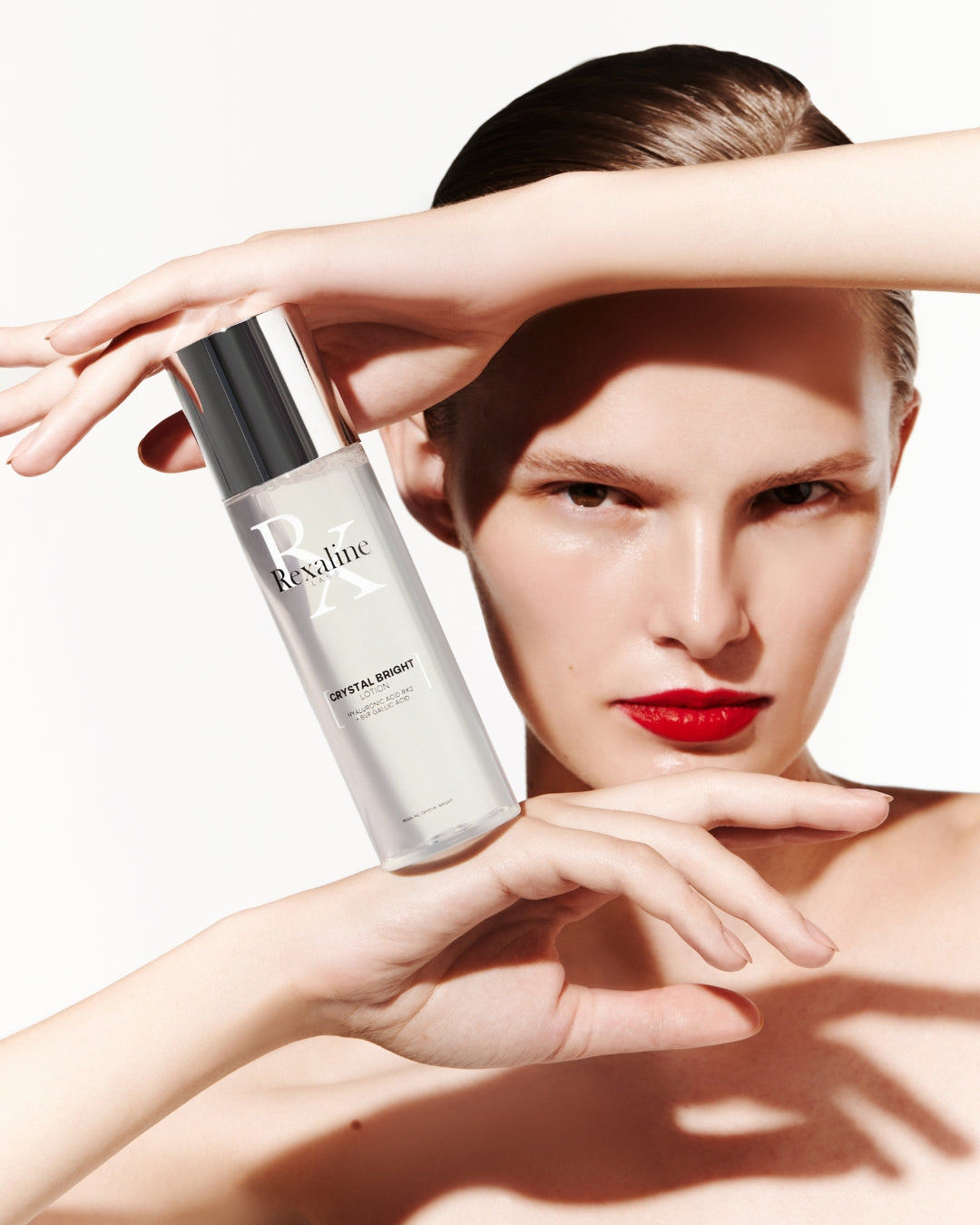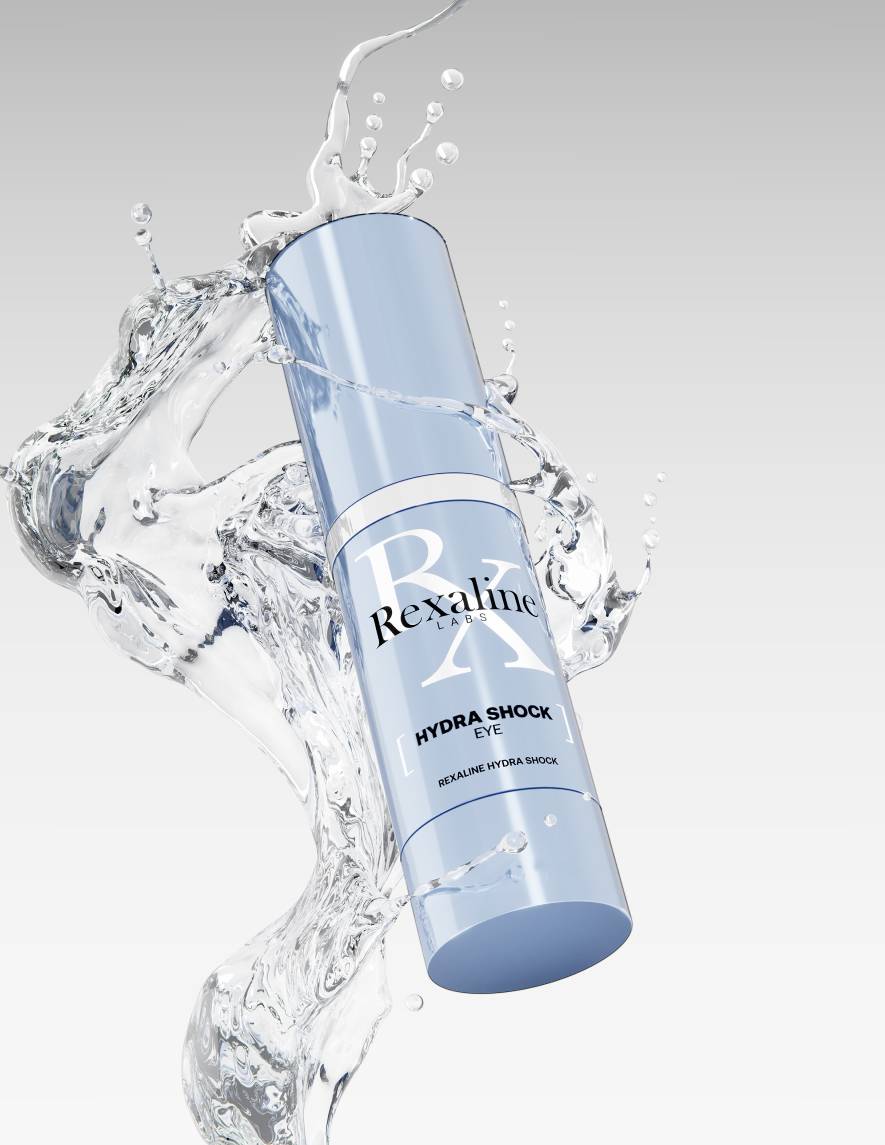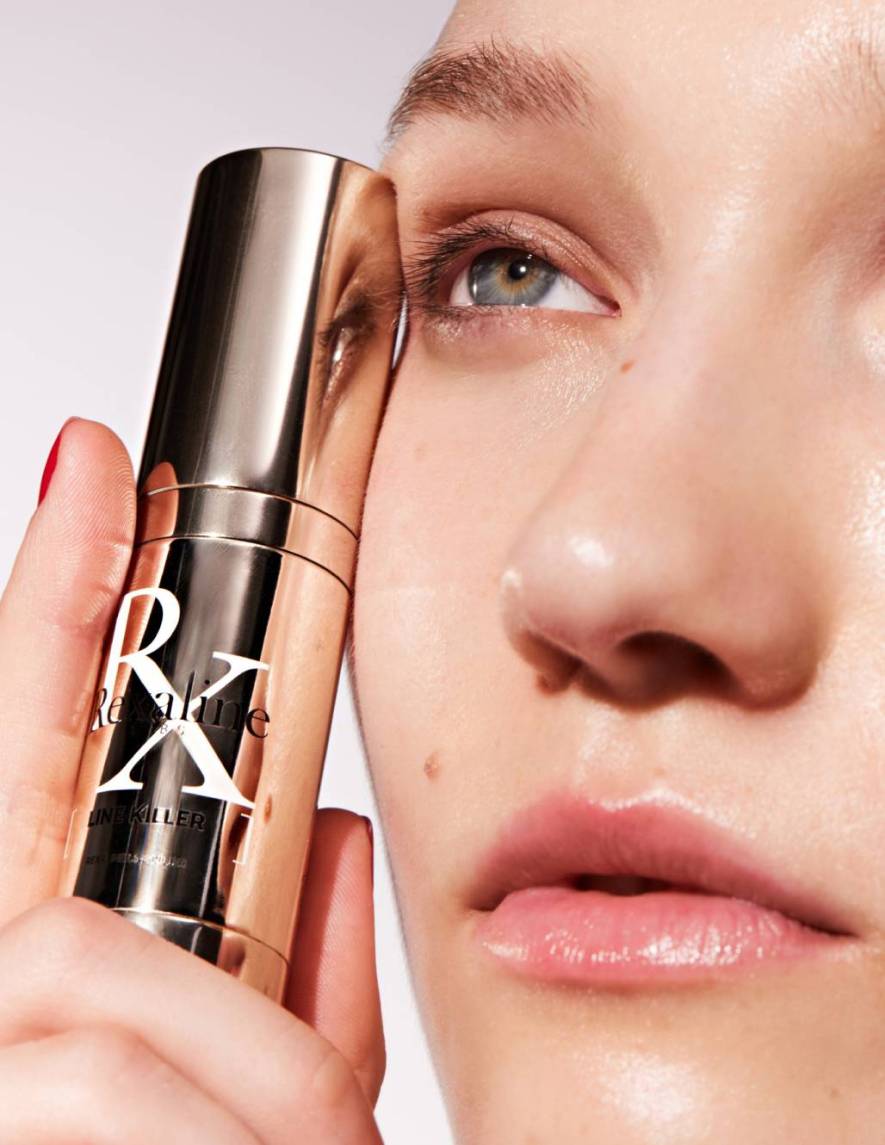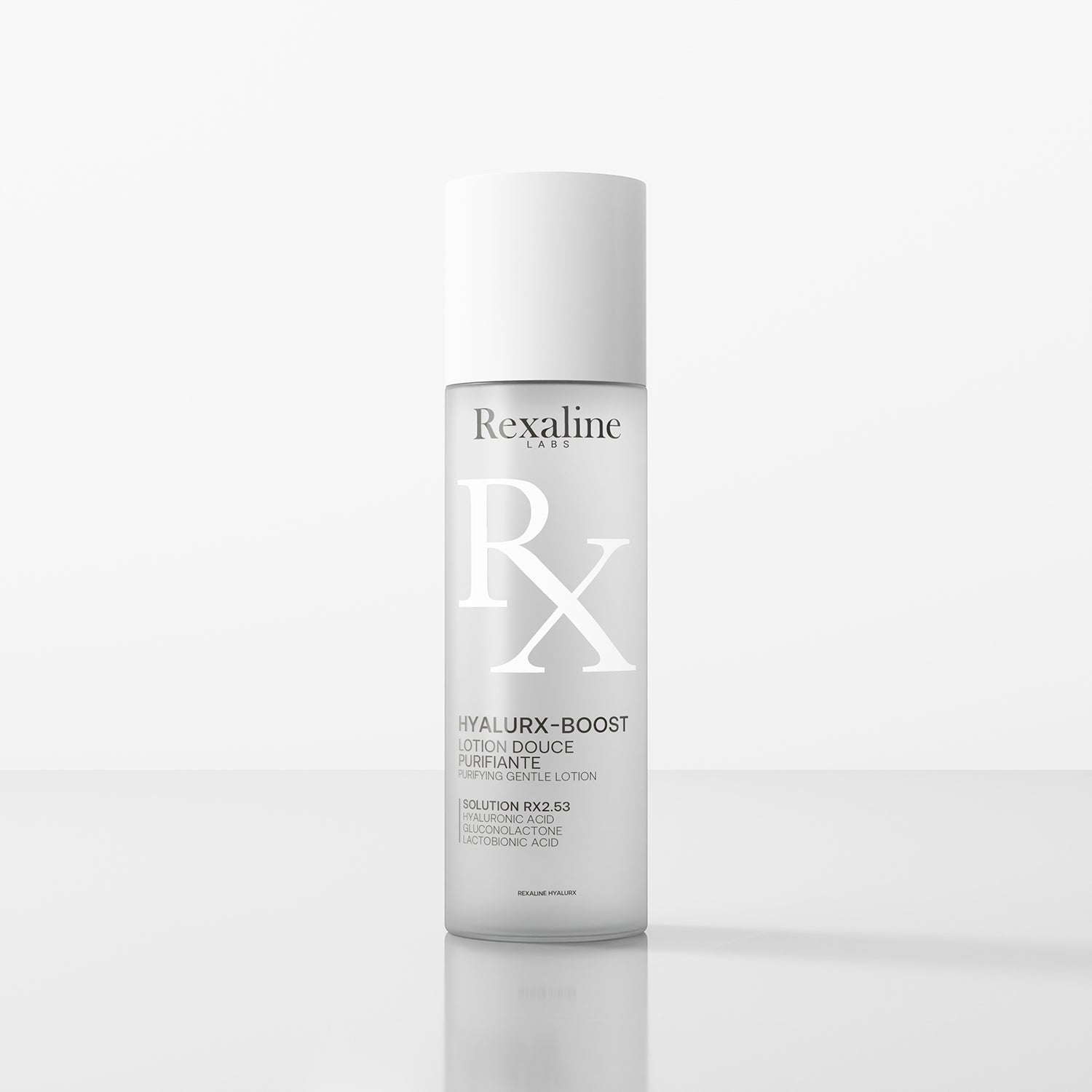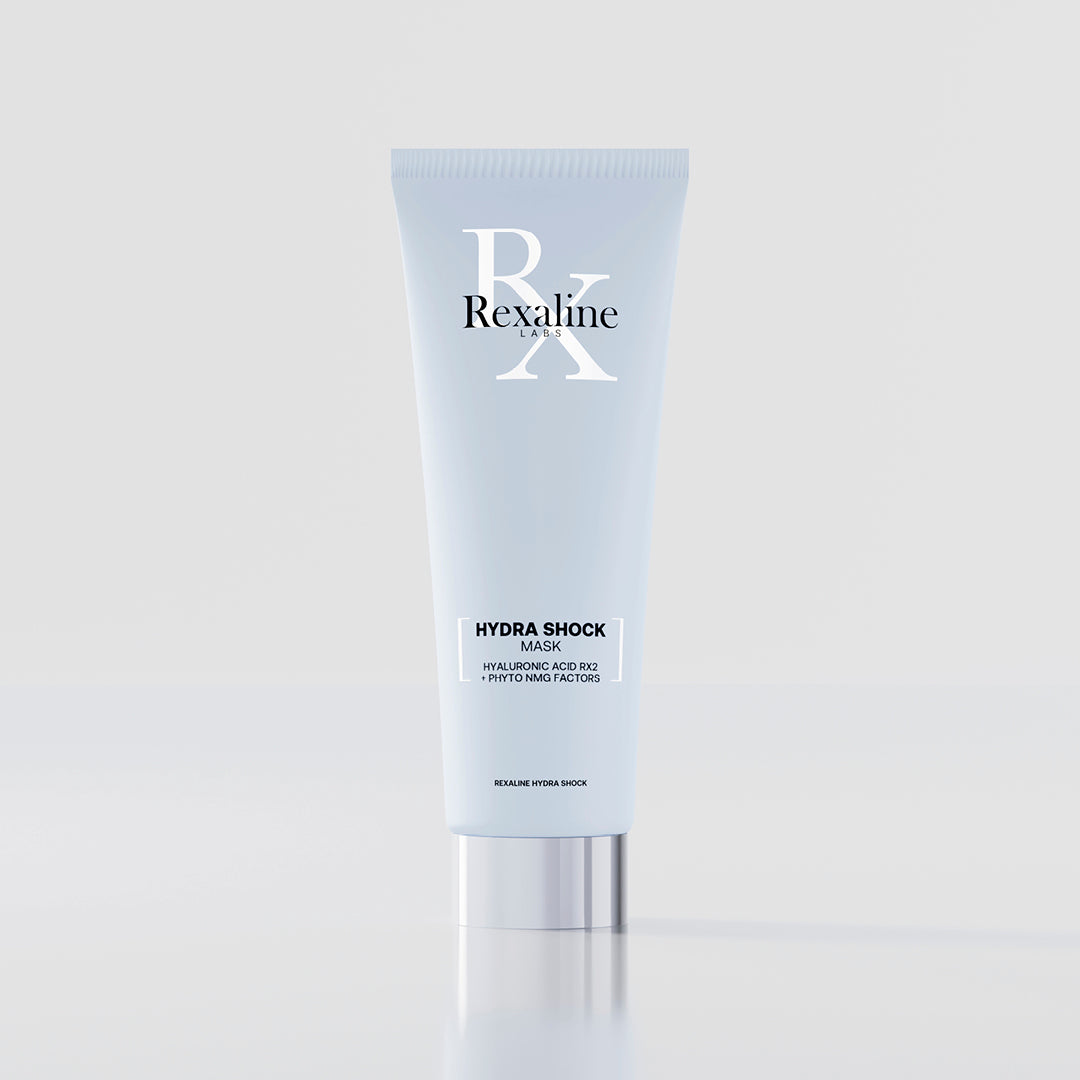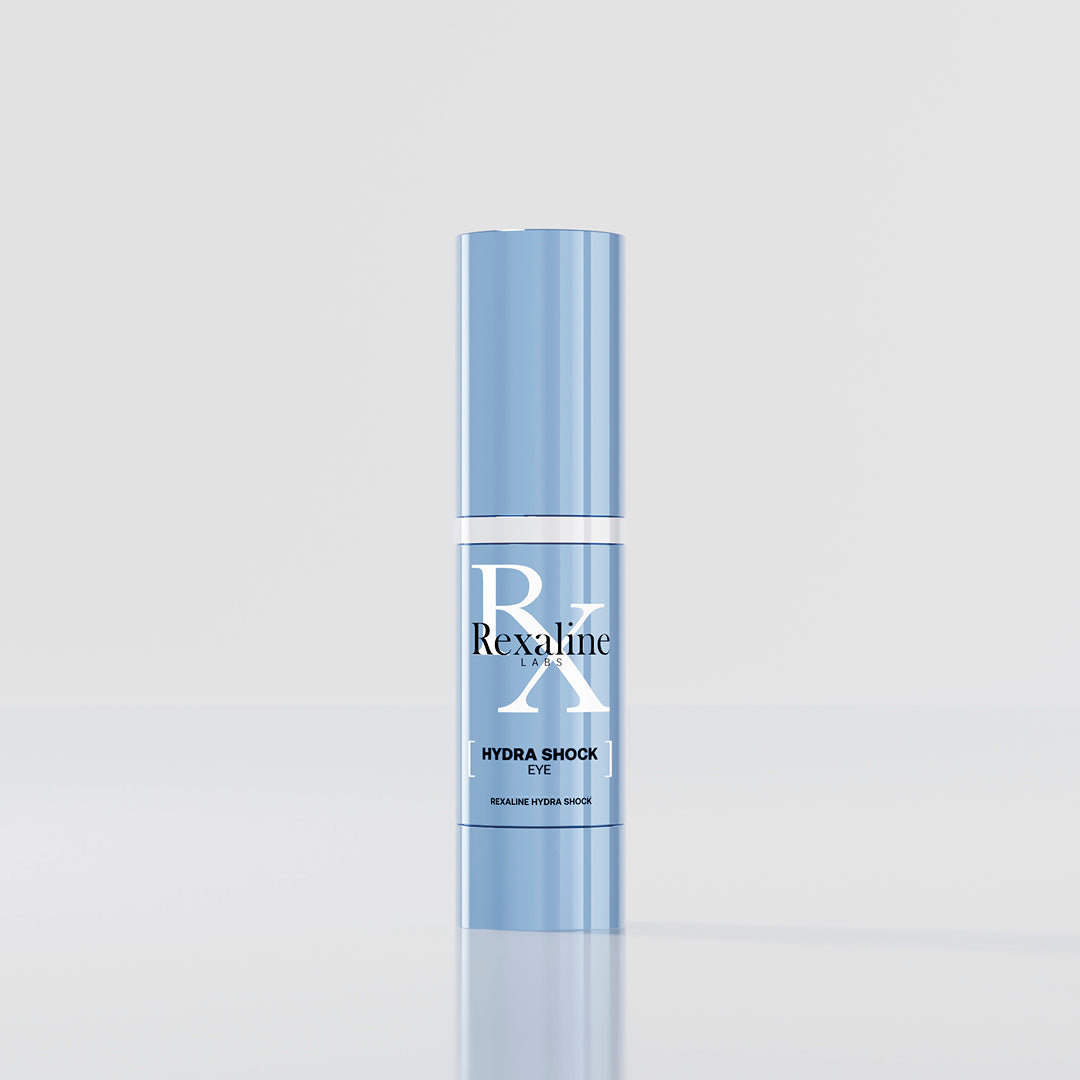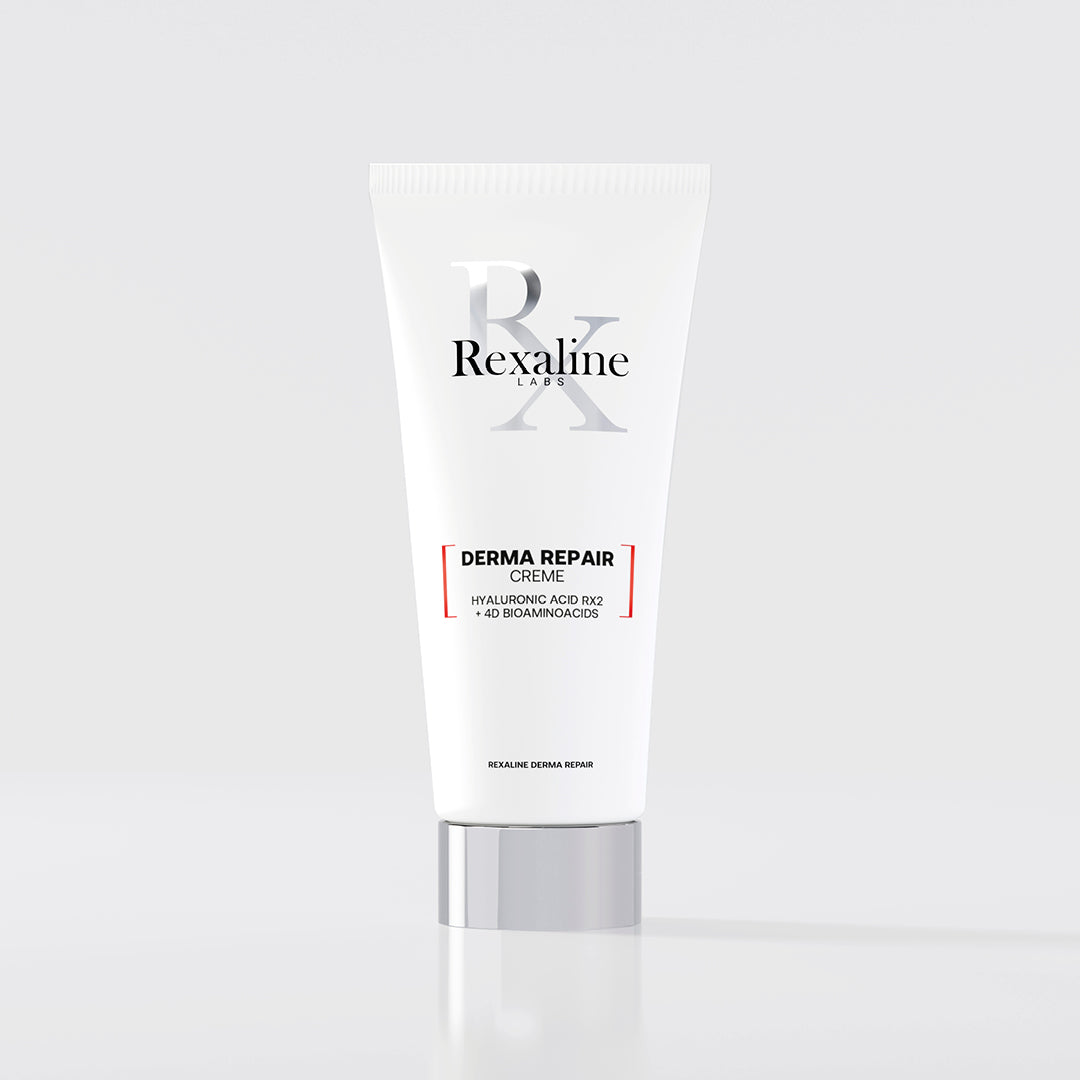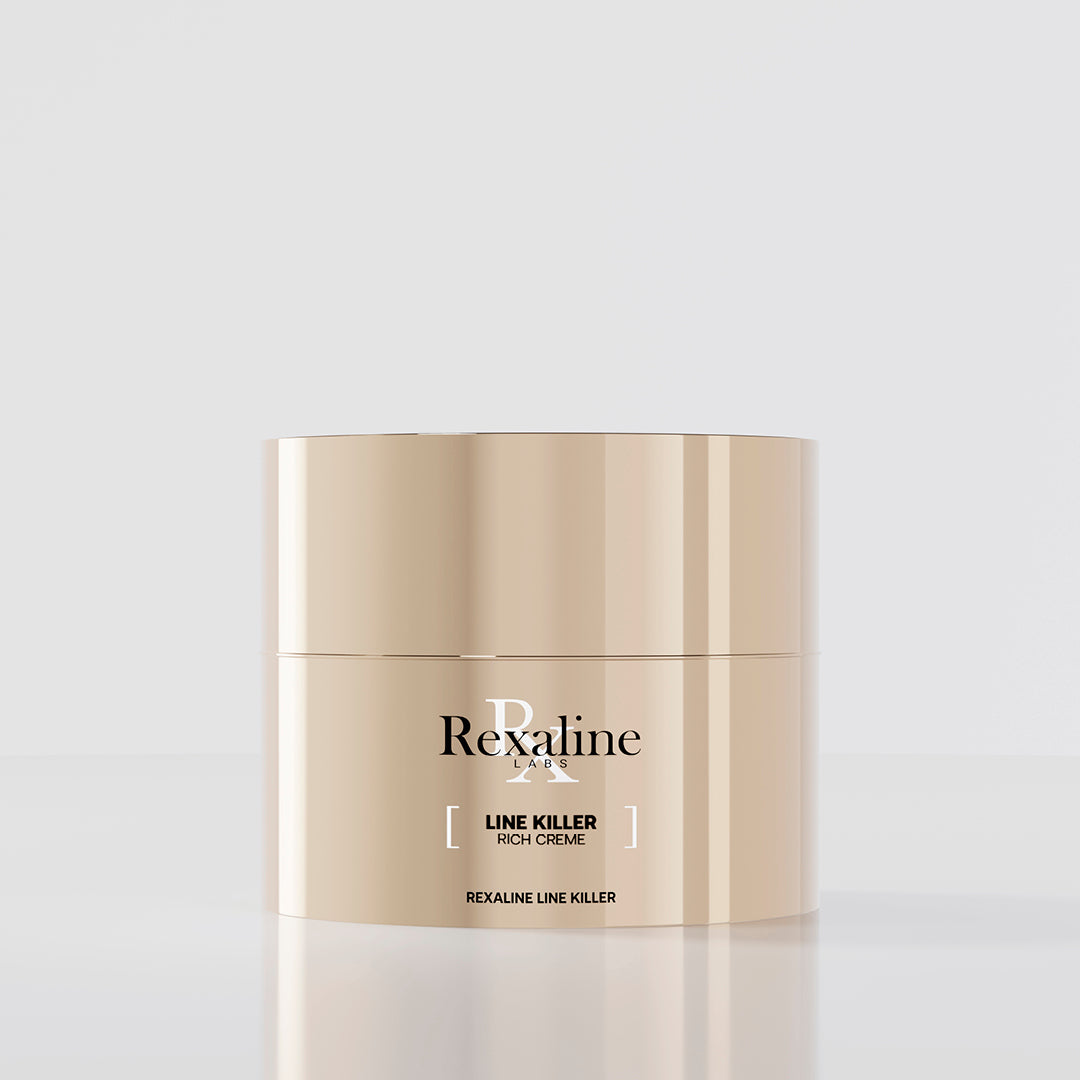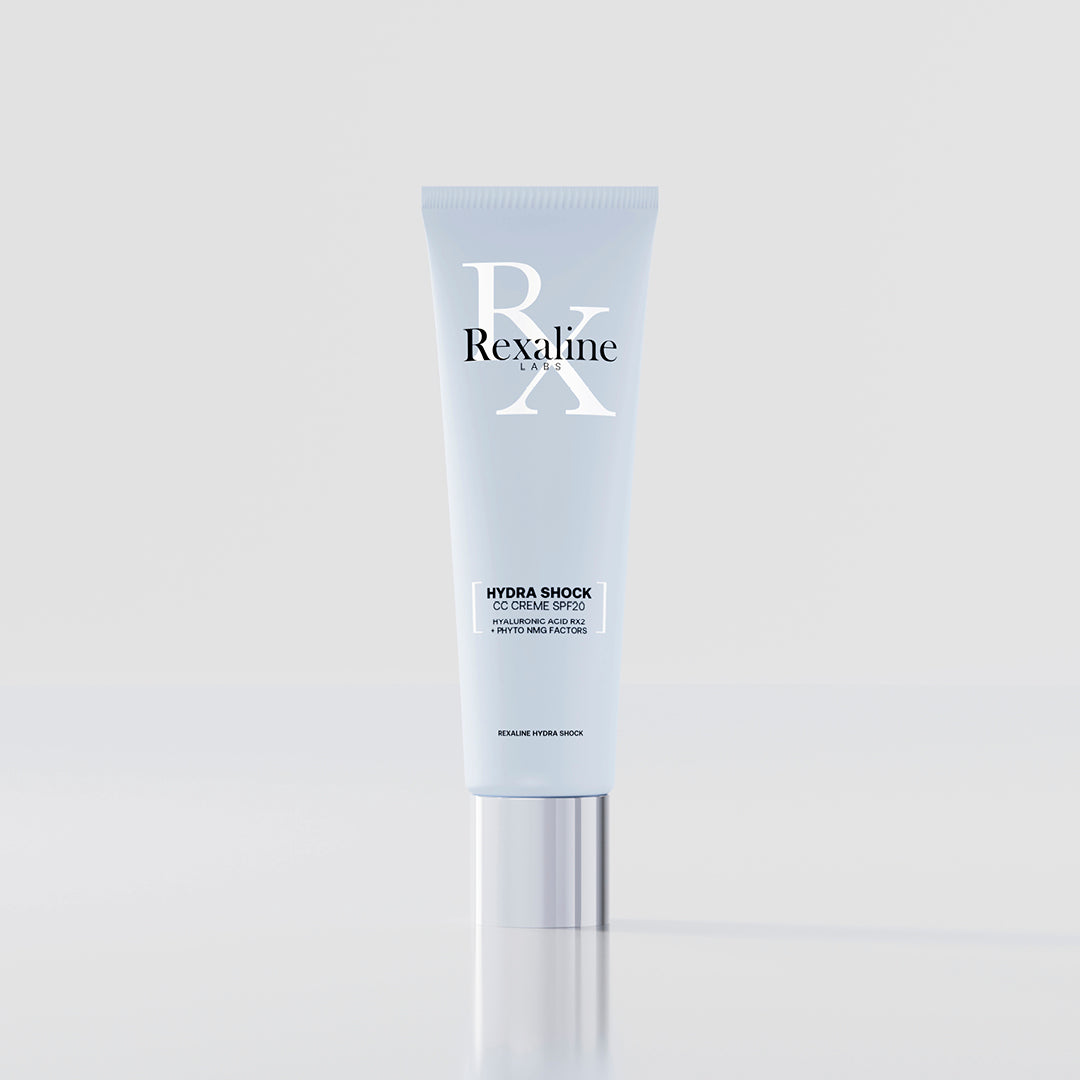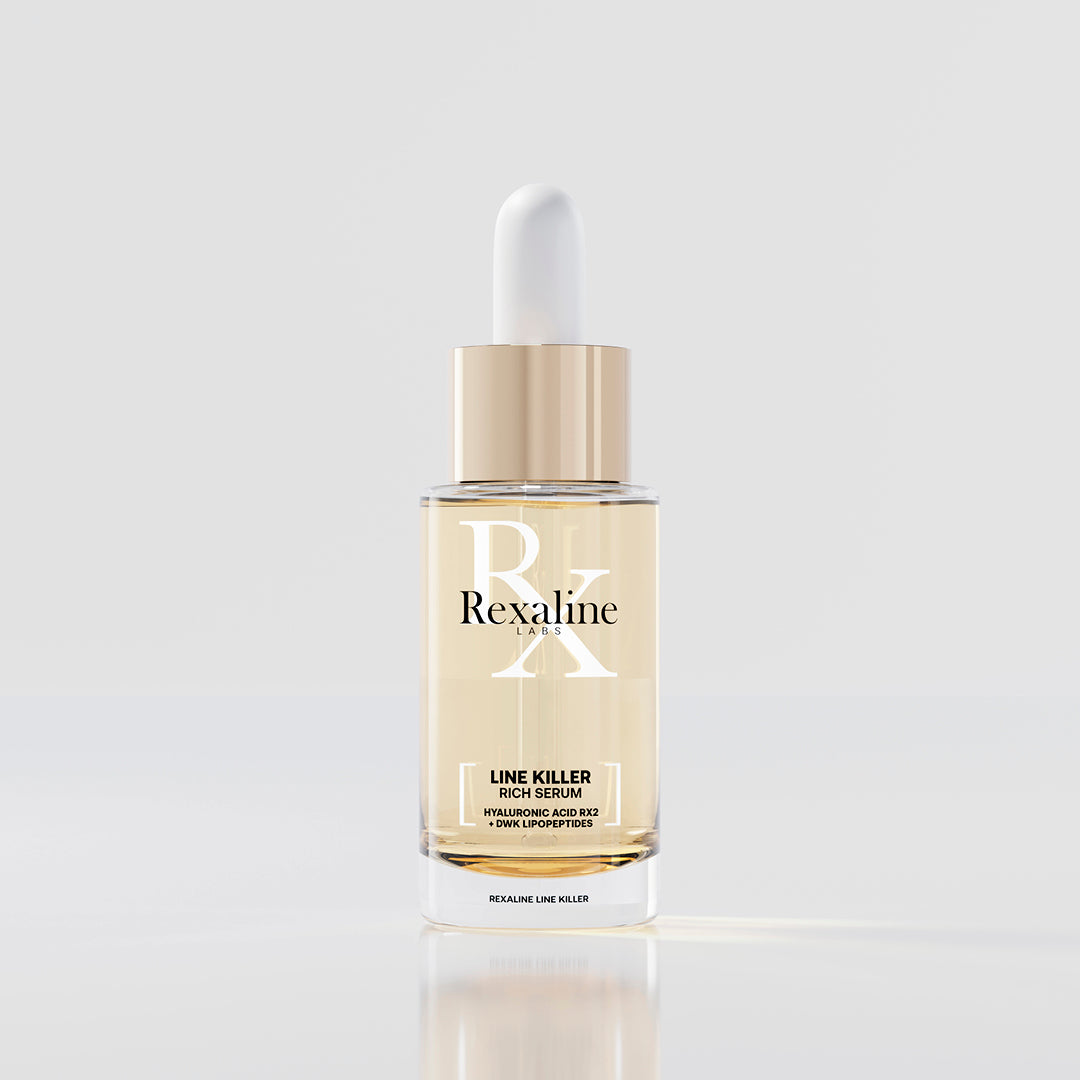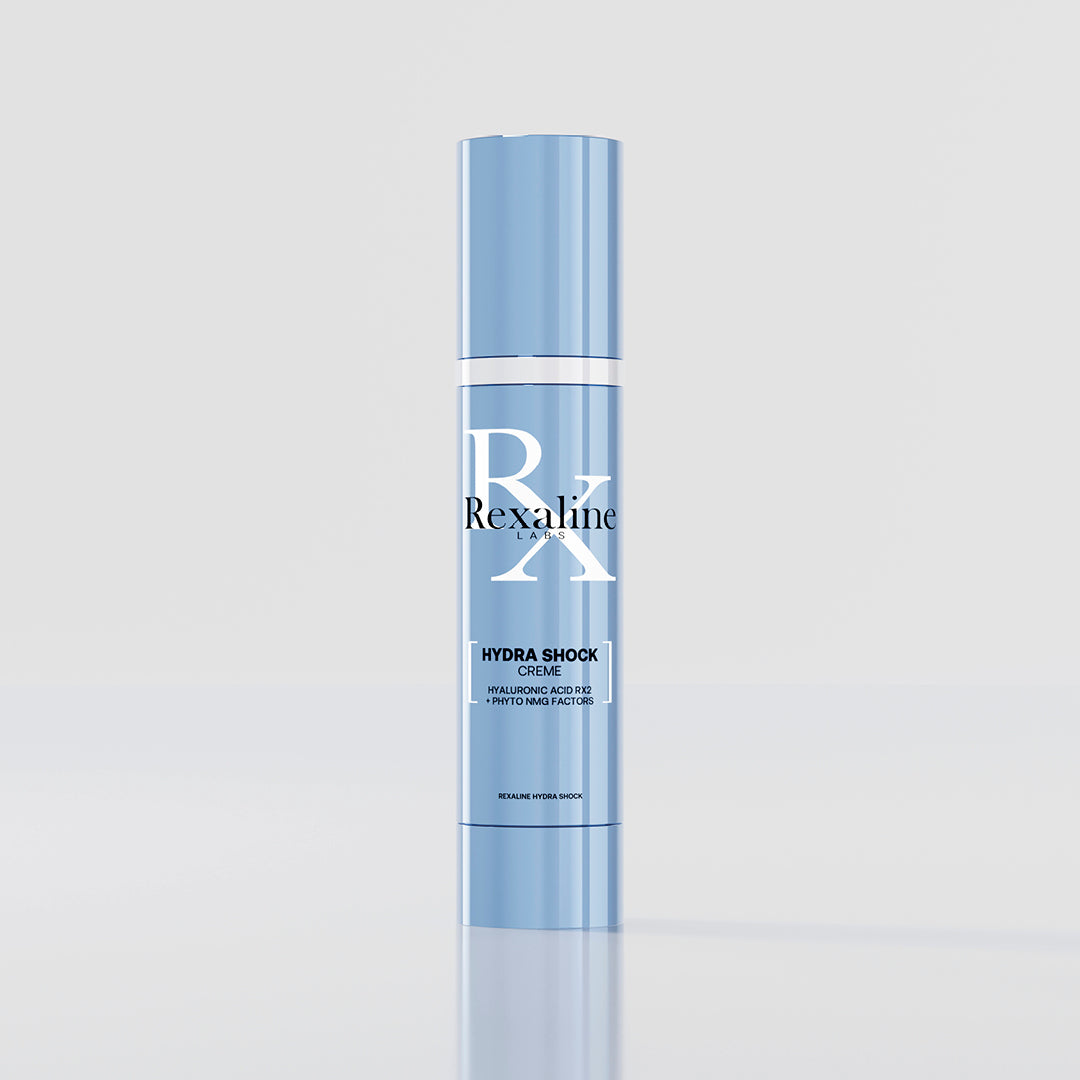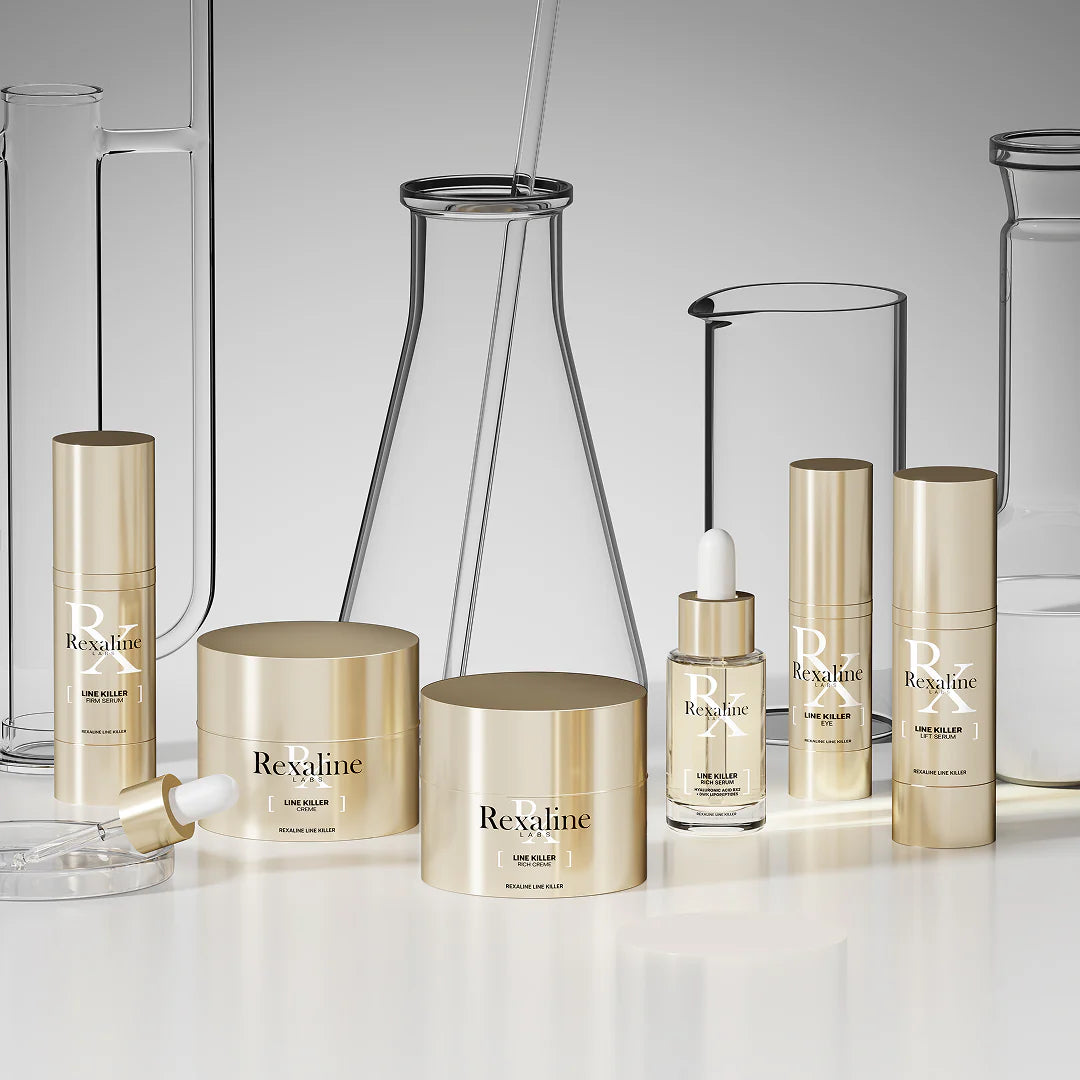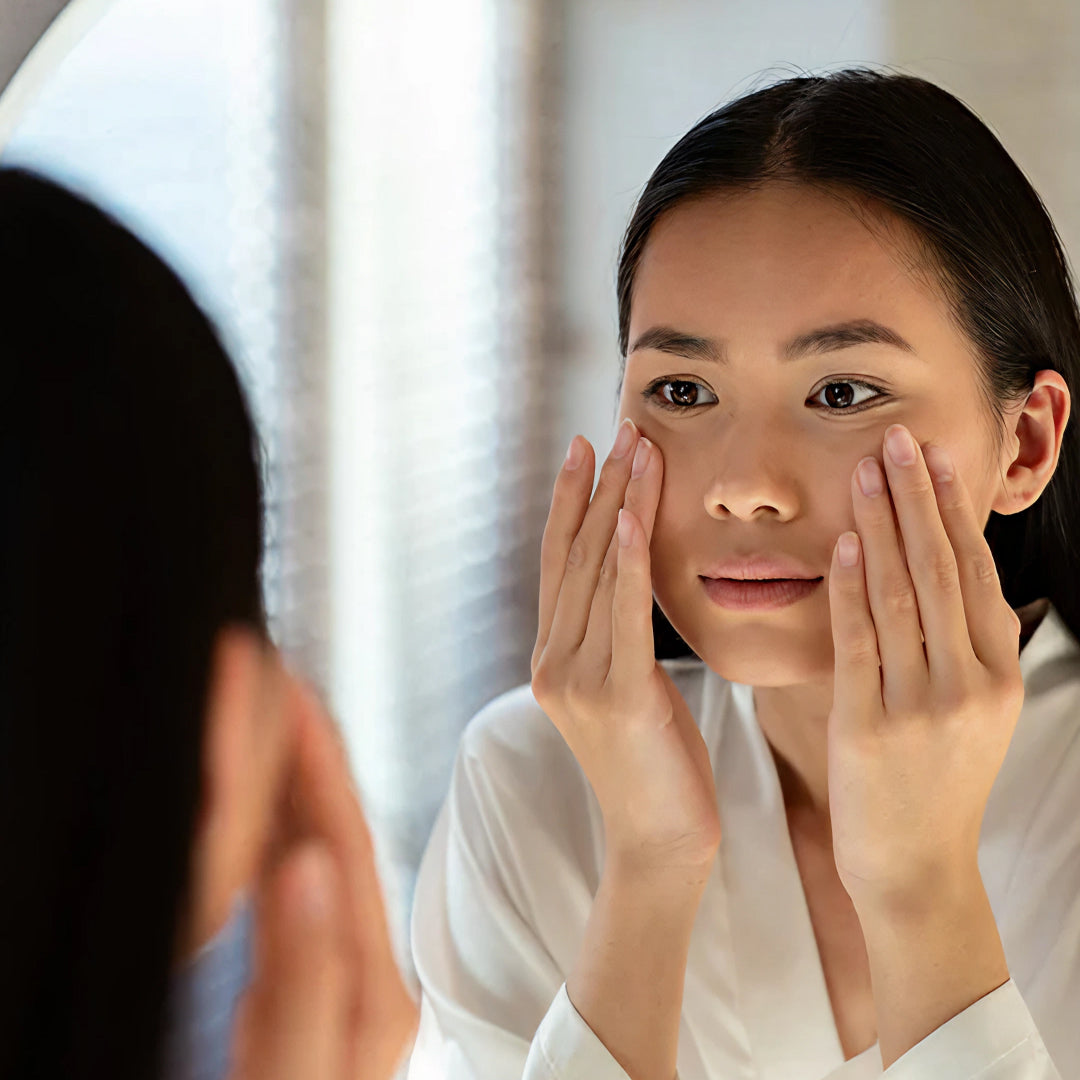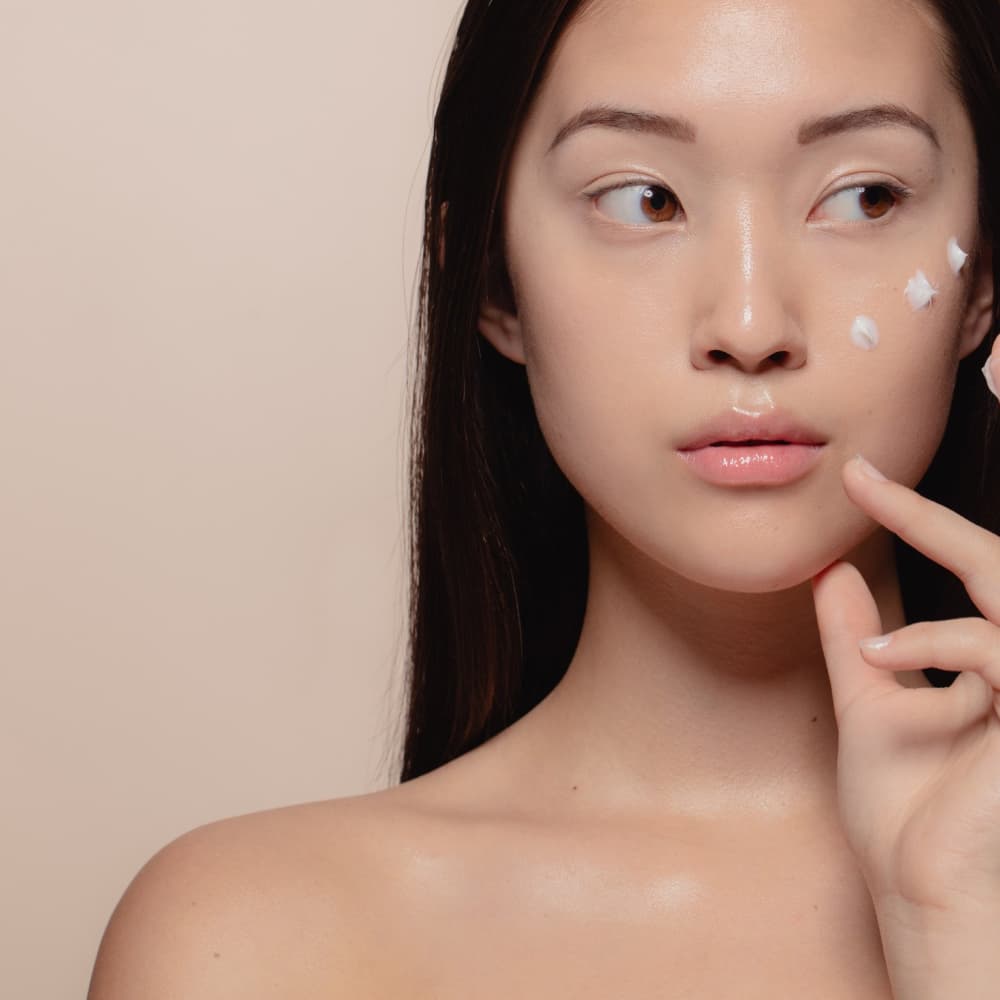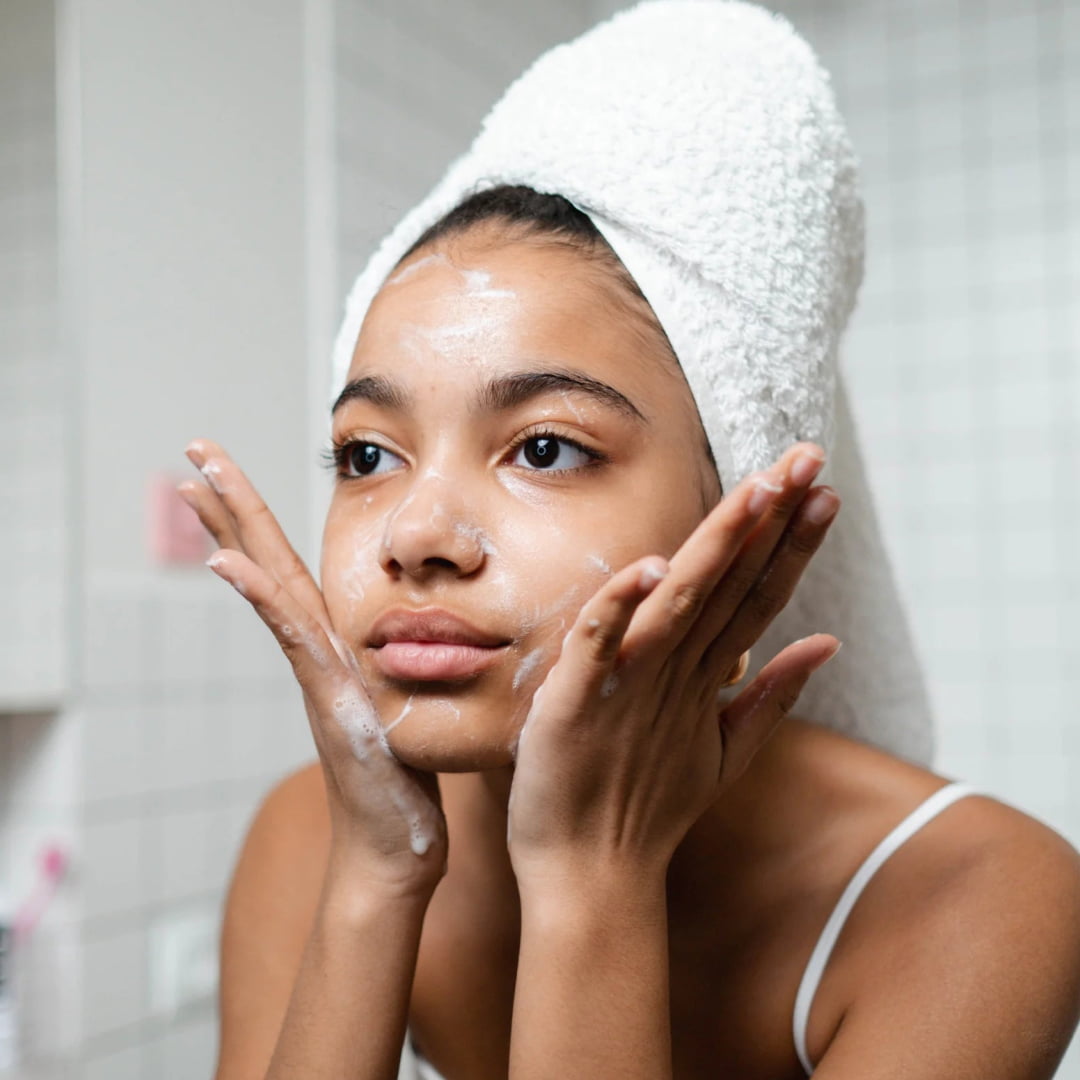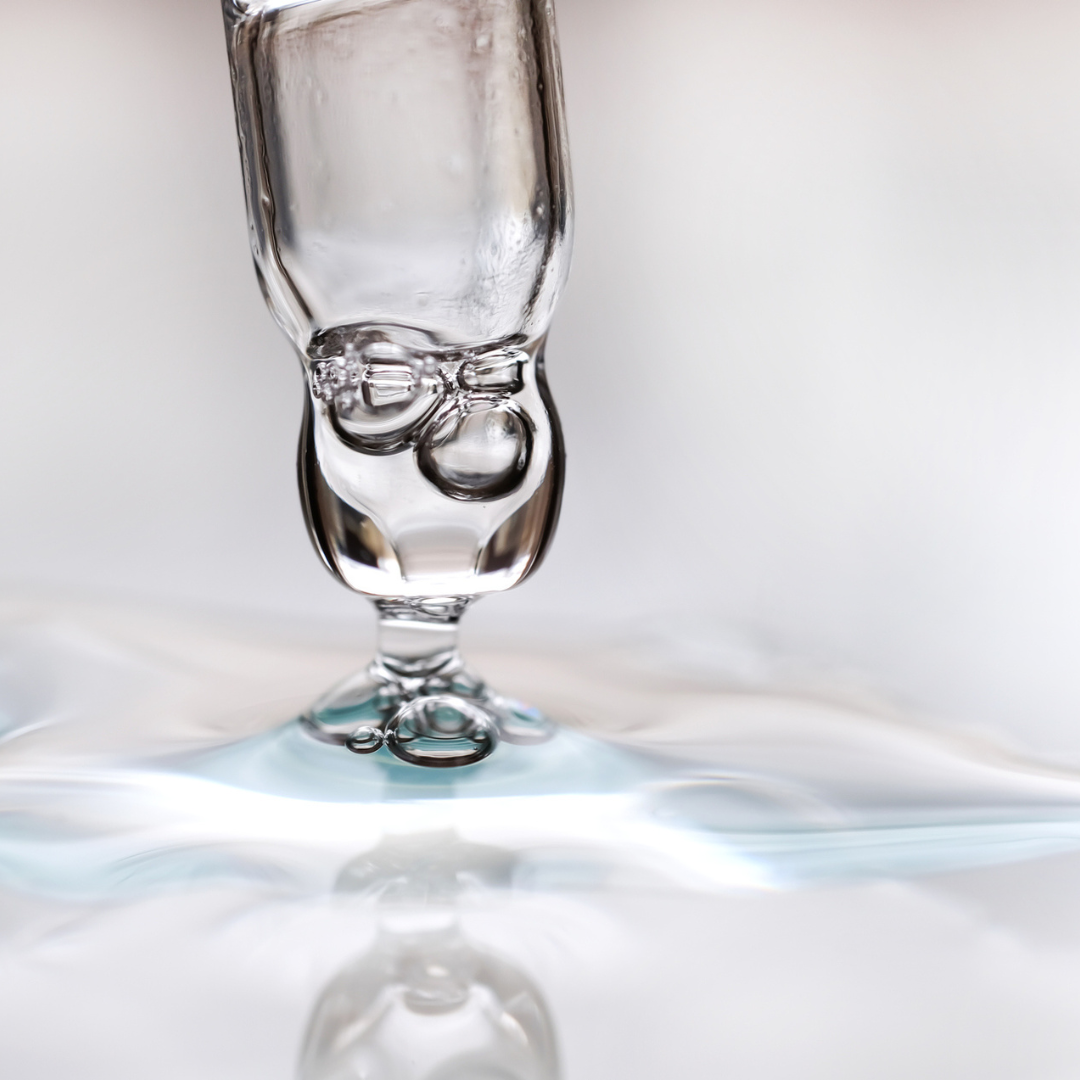
Retinyl palmitate: better than retinol?
Retinol and retinyl palmitate are two popular ingredients in skin care products, but they have significant differences in structure and effectiveness. Focus on these key ingredients of the moment.
Let's start with the distinction between these two forms of vitamin A and then we'll explain which one is better to choose and why...
1. Molecular structure
Retinol is a pure form of vitamin A that must be converted into retinoic acid in the skin to become active. In contrast, retinyl palmitate is an esterified form of vitamin A that is more stable and less irritating to the skin.
2. Effectiveness
Although retinol is more directly active than retinyl palmitate, its conversion to retinoic acid may take time and be ineffective for some people with sensitive or reactive skin. Retinyl palmitate, on the other hand, is generally better tolerated and may be gentler on the skin while still providing anti-aging benefits.
3. Stability
Retinyl palmitate is more stable than retinol, meaning it has a longer shelf life and is less likely to degrade when exposed to light or air. This makes it an ideal choice for skin care products that require long life and consistent effectiveness.
4. Skin tolerance
Due to its gentler molecular structure, retinyl palmitate is often better tolerated by sensitive or irritation-prone skin. It can be used by those who have difficulty tolerating retinol or other stronger retinoids, providing the anti-aging benefits without the unwanted side effects.
5. Versatility
Retinyl palmitate is also more versatile than retinol, as it can be used in a variety of skin care product formulations, including creams, serums, and lotions. This allows manufacturers to create products tailored to different skin types and anti-aging needs.
Rexaline advice:
To fully benefit from the benefits of this active ingredient, apply our Hydra Shock Light Creme morning and evening after your serum. Apply with upward smoothing movements to the face, neck and décolleté.
The +:
To maximize its effectiveness, use before the Crystal Bright exfoliating lotion for maximum radiance and protect your skin from daily UV rays, you can use the Hydra Shock CC Cream SPF20 which also contains Retinyl Palmitate.
Put your Hydra Shock Light Creme in the refrigerator for extra anti-pore action. For an intense moisturizing action at night, you can use Hydra Shock Creme as a complement.
In conclusion, although retinol is widely recognized for its anti-aging benefits, retinyl palmitate offers an effective and gentle alternative for those with sensitive or reactive skin. By choosing products containing retinyl palmitate, you can enjoy the benefits of vitamin A without compromising the health of your skin.
